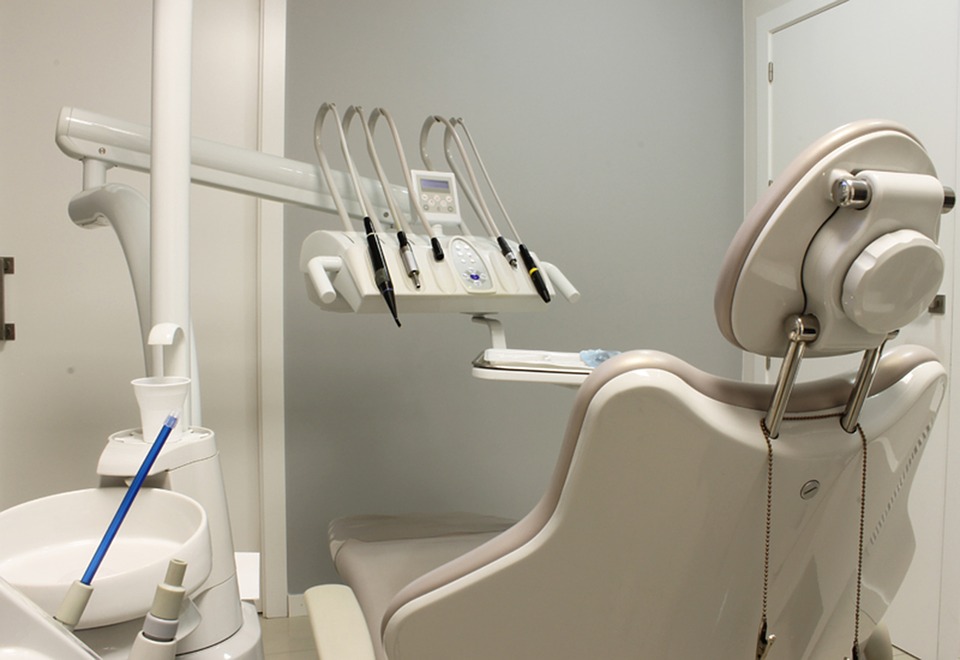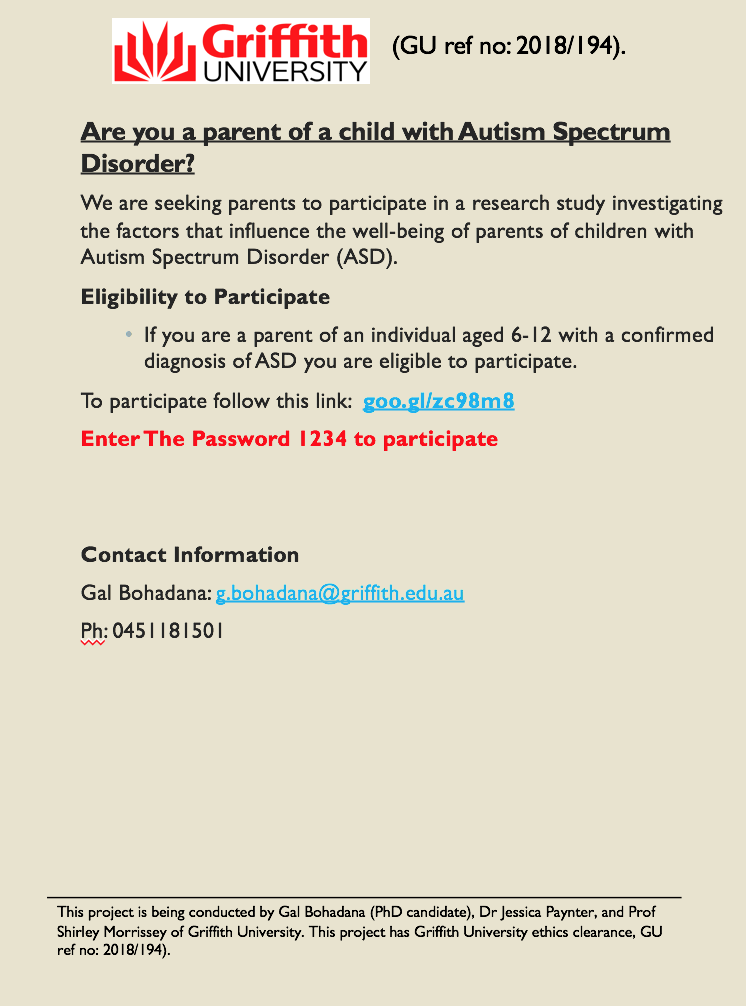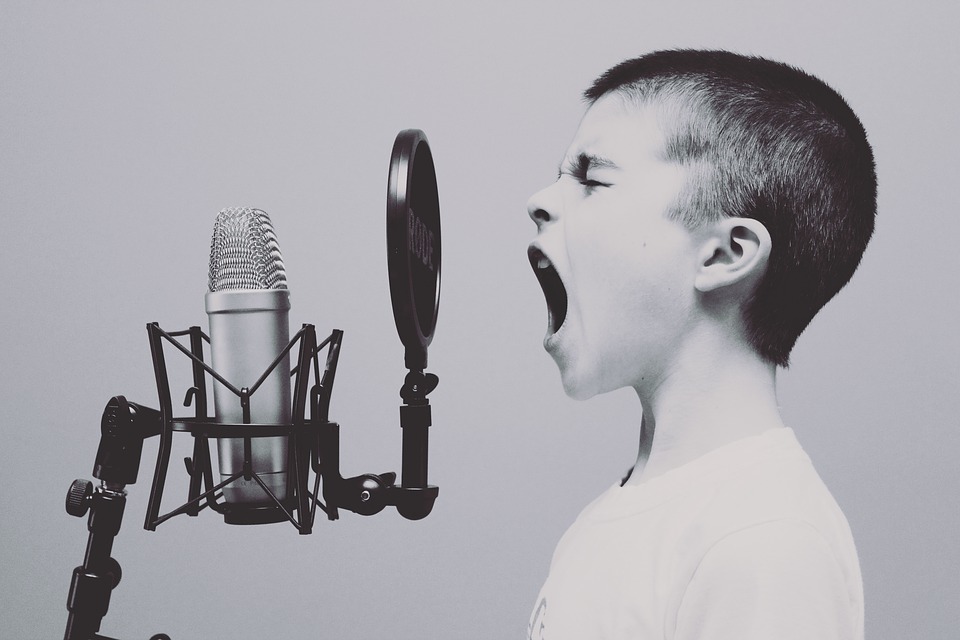Autism treatment is different in the UK to the US this video will help you understand it a lot better.
autism
Dogs help autistic children cope at the dentist
What Helps Adults With Autism Get and Keep a Job?
Adults with autism face many challenges, and one of the biggest is finding and keeping a job.
More than two-thirds of adults with autism are unemployed or underemployed, and a new survey identifies some of the most significant barriers — and benefits — to work.
People with autism reported that “the most important factors in being able to get a job are past work experience and vocational training. It helps people get a sense of the norms and expectations,” said study author Matthew Lerner, a professor of psychology, psychiatry and pediatrics at Stony Brook University in Stony Brook, N.Y.
“For maintaining a job, focusing on individual strengths — like attention to detail and accuracy on work tasks — is important,” Lerner said.
What is it like to parent a child on the autism spectrum? Have you say here and make a difference
We are writing to invite you to participate in a research study investigating the factors that influence your well-being in parenting a child with Autism Spectrum Disorder. Your participation would require the one-time completion of an online survey.
Attached is a link to the survey:
where you will be able to read the Participant Information Sheet which gives an outline of the project and details what is required of you regarding participation. The password for the survey is 1234. If you wish to be involved in the research please follow the link and consent by commencing the survey.
If you have any questions regarding the project, or require more information regarding what participation involves, please do not hesitate to contact Gal Bohadana (email g.bohadana@griffith.edu.au)
Cold parenting? Childhood schizophrenia? How the diagnosis of autism has evolved over time
You can draw a straight line from the initial descriptions of many conditions—claustrophobia, for example, or vertigo—to their diagnostic criteria. Not so with autism. Its history has taken a less direct path with several detours, according to Jeffrey Baker, professor of pediatrics and history at Duke University in Durham, North Carolina.
Autism was originally described as a form of childhood schizophrenia and the result of cold parenting, then as a set of related developmental disorders, and finally as a spectrum condition with wide-ranging degrees of impairment. Along with these shifting views, its diagnostic criteria have changed as well.
Here is how the Diagnostic and Statistical Manual of Mental Disorders (DSM), the diagnostic manual used in the United States, has reflected our evolving understanding of autism.
Why was autism initially considered a psychiatric condition?
When Leo Kanner, an Austrian-American psychiatrist and physician, first described autism in 1943, he wrote about children with “extreme autistic aloneness,” “delayed echolalia” and an “anxiously obsessive desire for the maintenance of sameness.” He also noted that the children were often intelligent and some had extraordinary memory.
Rea more here




